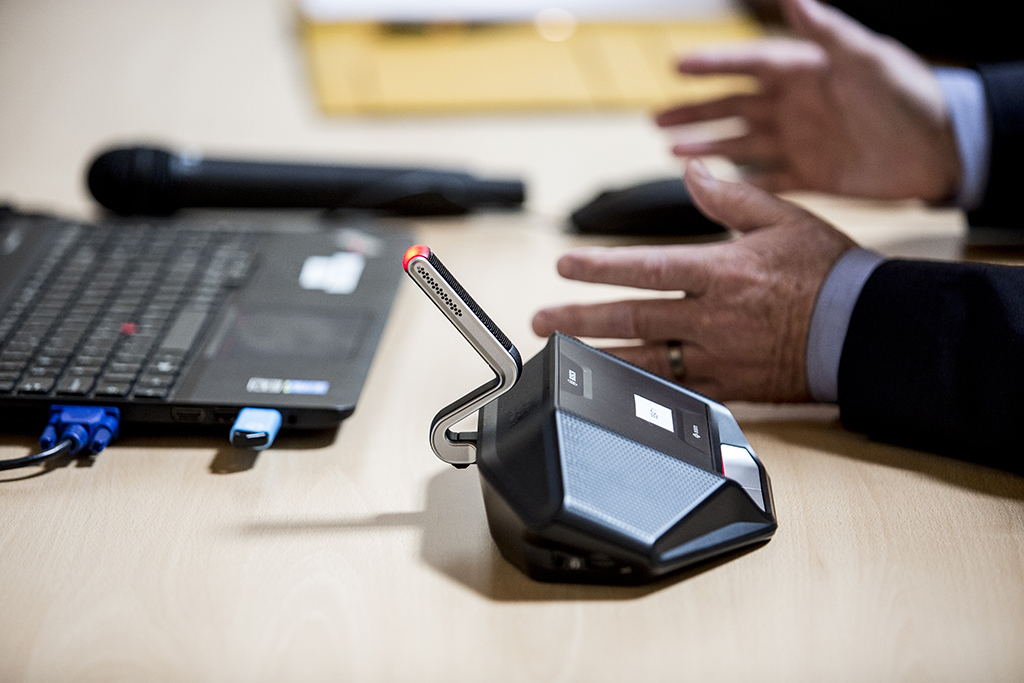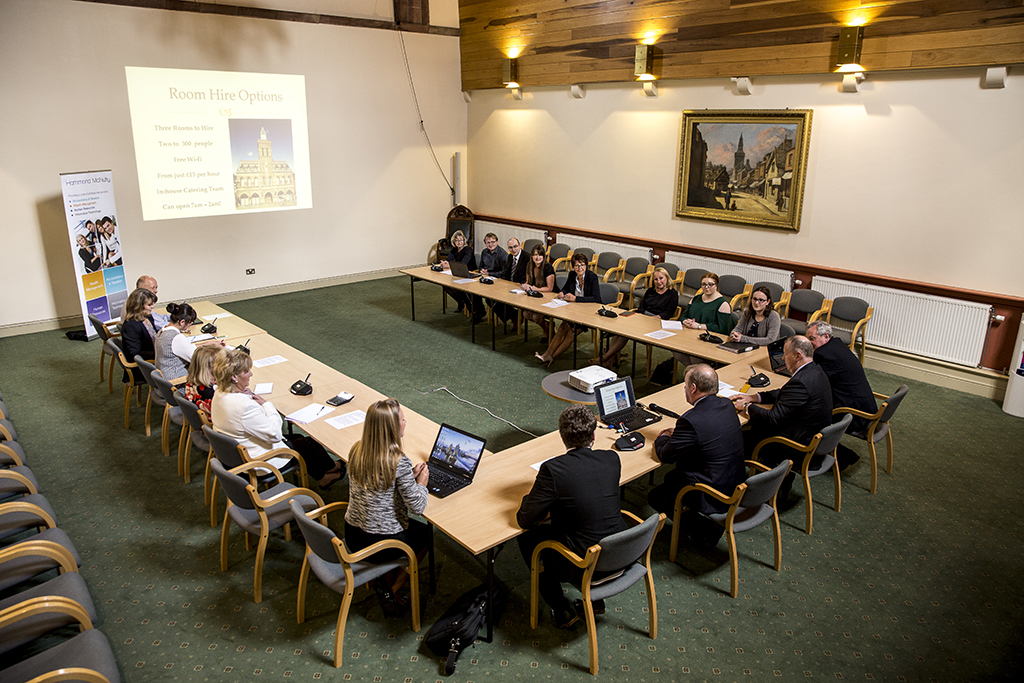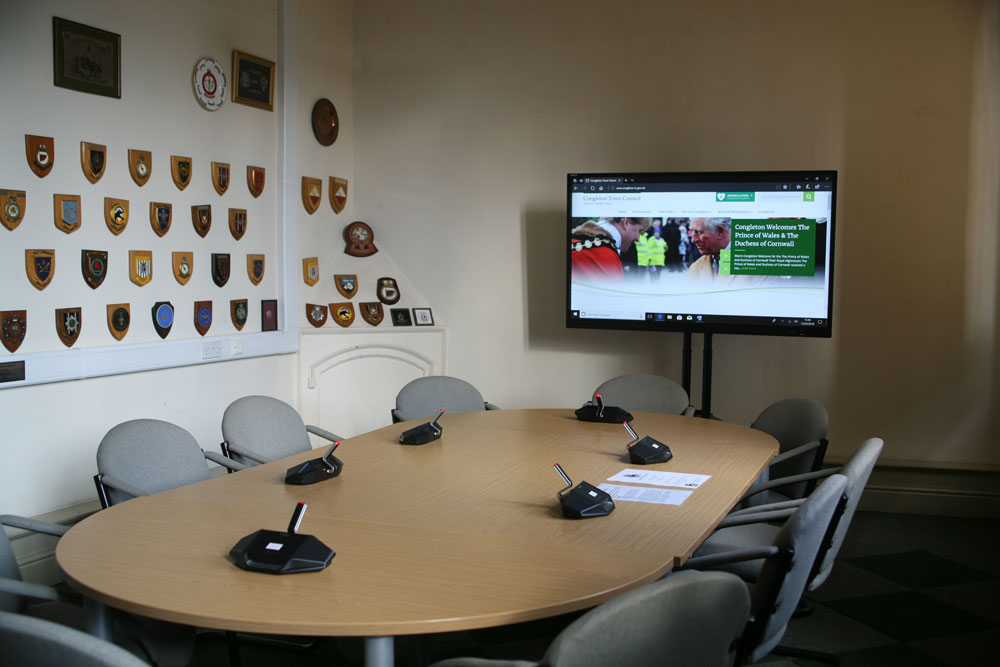Pay and Leave when having a baby
Maternity
If you’re pregnant or adopting a child you have four main rights:
- paid time off for antenatal care
- maternity leave
- maternity pay or maternity allowance
- protection against unfair treatment, discrimination or dismissal
You can learn more about these on the government website here.
Where there are risks due to the employee being pregnant, the employer should take reasonable steps to remove them. For example, offering the employee different work or changing their hours.
The first 6 weeks of maternity leave is paid at 90% of salary, the next 33 weeks are statutory maternity pay. A woman can have up to 52 weeks of maternity leave in total. More information is available on the government maternity leave page.
Shared Parental Leave
Evidence shows that using shared parental leave ensures that fathers are better prepared for parenting and mothers better prepared to return to paid work, resulting in a better financial position and a more shared approach to parenting going forward.
You and your partner could get Shared Parental Leave (SPL) and Statutory Shared Parental Pay (ShPP) if you’re having a baby or adopting a child.
The shared parental leave takes the place of some of the maternity leave, so you can’t have the full 52 weeks of maternity leave AND shared leave as well.
Shared parental leave must be taken within the first year after the baby is born or adopted. You can take it all at once or in blocks, and you can take it one at a time or both together. You can share up to 50 weeks of leave and up to 37 weeks of pay between you.
More information is available here.
Paternity Leave
Even if you don’t take Shared Parental Leave, you may be eligible for 1 or two weeks paternity leave and pay when your child is born or adopted.
Unpaid Parental Leave
Both parents are entitled to up to 18 weeks’ unpaid leave for each child and adopted child, up to their 18th birthday. Normally only 4 weeks of this may be taken in each calendar year.
There is more information on the government website.
Flexible Working
If you have worked for the same employer for 26 weeks, you are entitled to request flexible working. This might include part-time hours, job sharing, flexitime, staggered hours, compressed hours or working from home.
Your employer must deal with your request in a ‘reasonable manner’ and this includes discussing it with you and considering the advantages and any disadvantages. There is more information about flexible working here.
Many employers in Congleton are trying to work more flexibly in order to maximise their ability to employ local talented people. If you know of a employer that is embracing flexible, family-friendly working, let us know and we will add a list to this website!
Time off for Family Emergencies
You are entitled to time off to deal with an emergency such as a child or other dependent falling ill. If you want to stay at home and care for your child for longer you may have to take leave or parental leave.
Last updated: 5th February 2024












